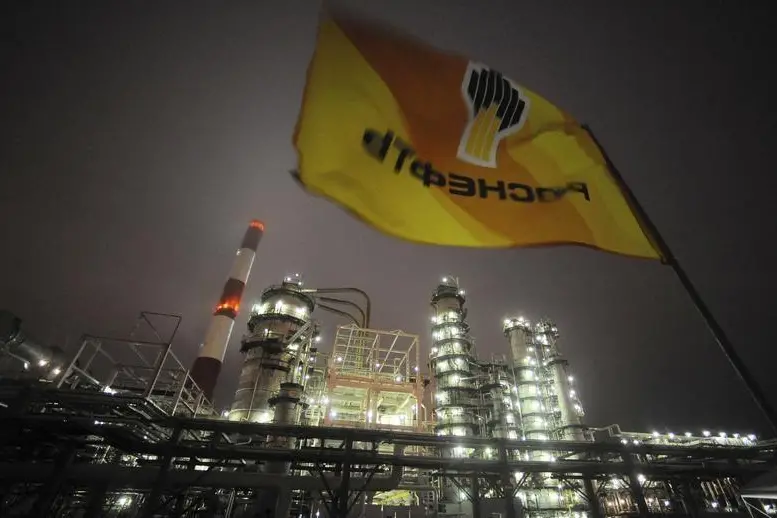PHOTO
Bulgaria is replacing Russian oil imports with crude from Kazakhstan, Iraq and Tunisia in January, according to traders and LSEG data.
Bulgaria has a waiver from a European Union embargo that allows it to continue seaborne imports of Russian oil in 2024. But the country has restricted exports of all refined products produced from Russian crude from this month, which makes it almost impossible for its sole refinery to run on Russian oil, and has decided to stop all Russian crude imports from March.
Bulgaria purchases oil to feed its Burgas refinery, which has a capacity of 190,000 barrels per day (bpd) and is operated by Russia's Lukoil. Bulgaria was the fourth largest buyer of seaborne Russian oil in 2023, purchasing over 100,000 bpd.
But this month, no oil from Russia is set to reach Burgas port. As Lukoil is no longer able to supply the Burgas refinery with its own Urals oil, it has to use oil from elsewhere, raising costs at the plant.
The profitability of the plant is also affected by a 60% tax imposed by Bulgaria's government on the refinery's profits.
So far in January, Burgas is set to receive two 70,000 metric ton cargoes of Kazakhstan's KEBCO crude, one 76,000 ton cargo of Basrah Light, one 50,000 ton cargo of CPC Blend, and 33,000 tons of oil from Tunisia, according to LSEG data.
KEBCO, a Kazakh grade exported from Russian ports with the same quality as Urals, is the most likely replacement for Russian oil in Bulgaria, traders said, adding its supply is limited and its price is significantly higher than for Urals.
Burgas is designed to process Urals oil and currently can only run on sour grades, which is difficult and pricey in the EU, traders said.
"The market of sour barrels in Europe is tight due to no availability of Urals and Kurdish oil," one of traders said.
Oil exports from Iraq's Kurdistan region have been suspended since last spring.
Lukoil has said it is reviewing its strategy with regards to assets in Bulgaria and would consider selling them.
Lukoil and Bulgaria's Ministry of Economy and Industry didn't reply to requests for comment for this story. (Reporting by Reuters Editing by Mark Potter)





















